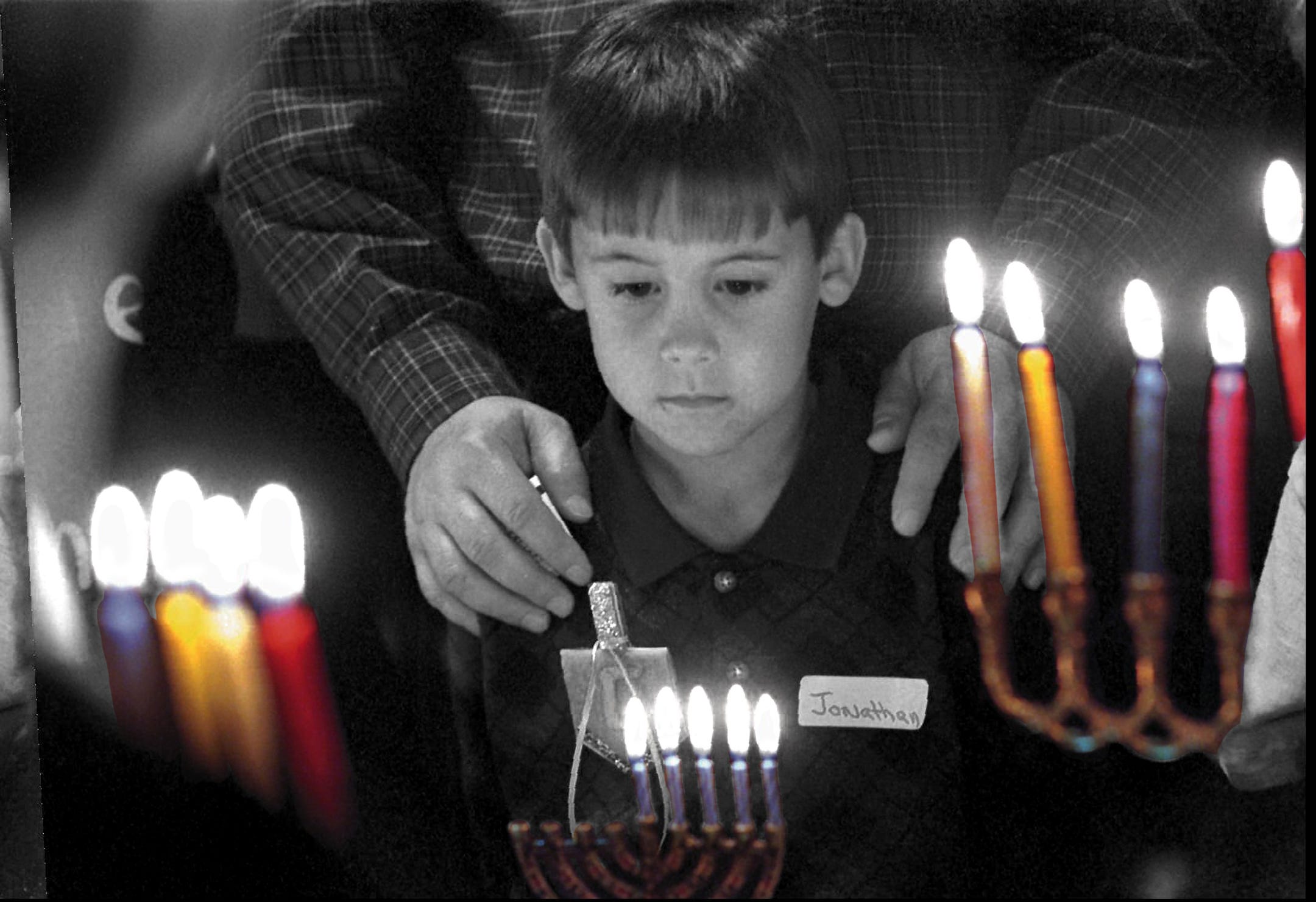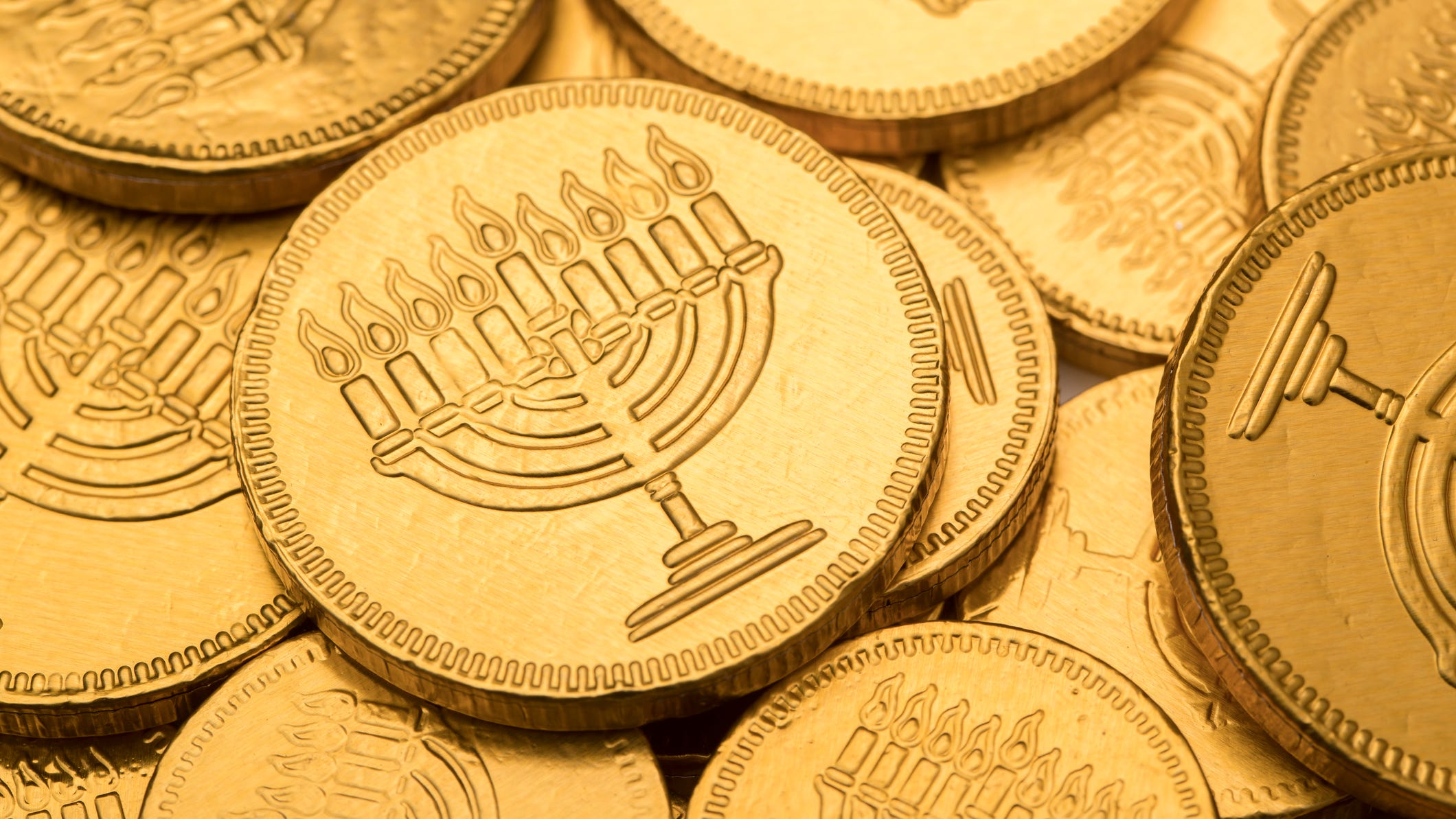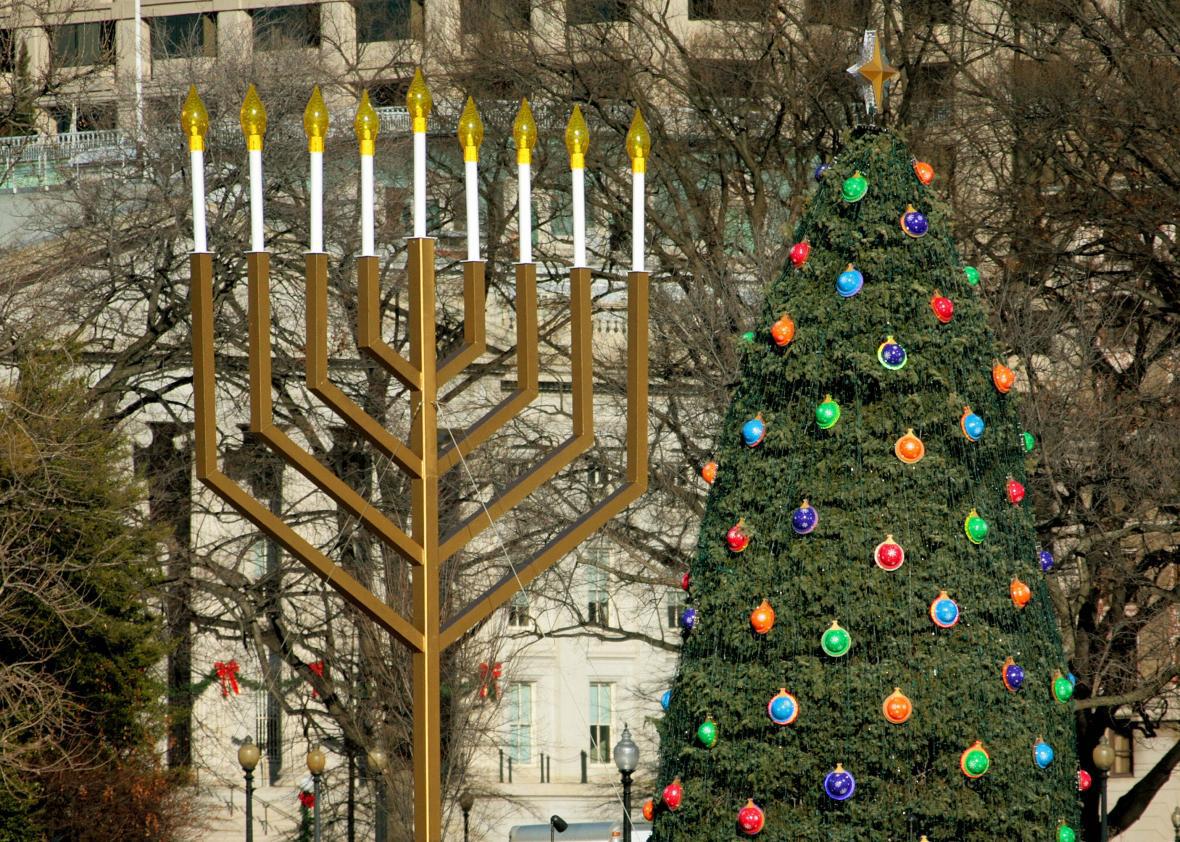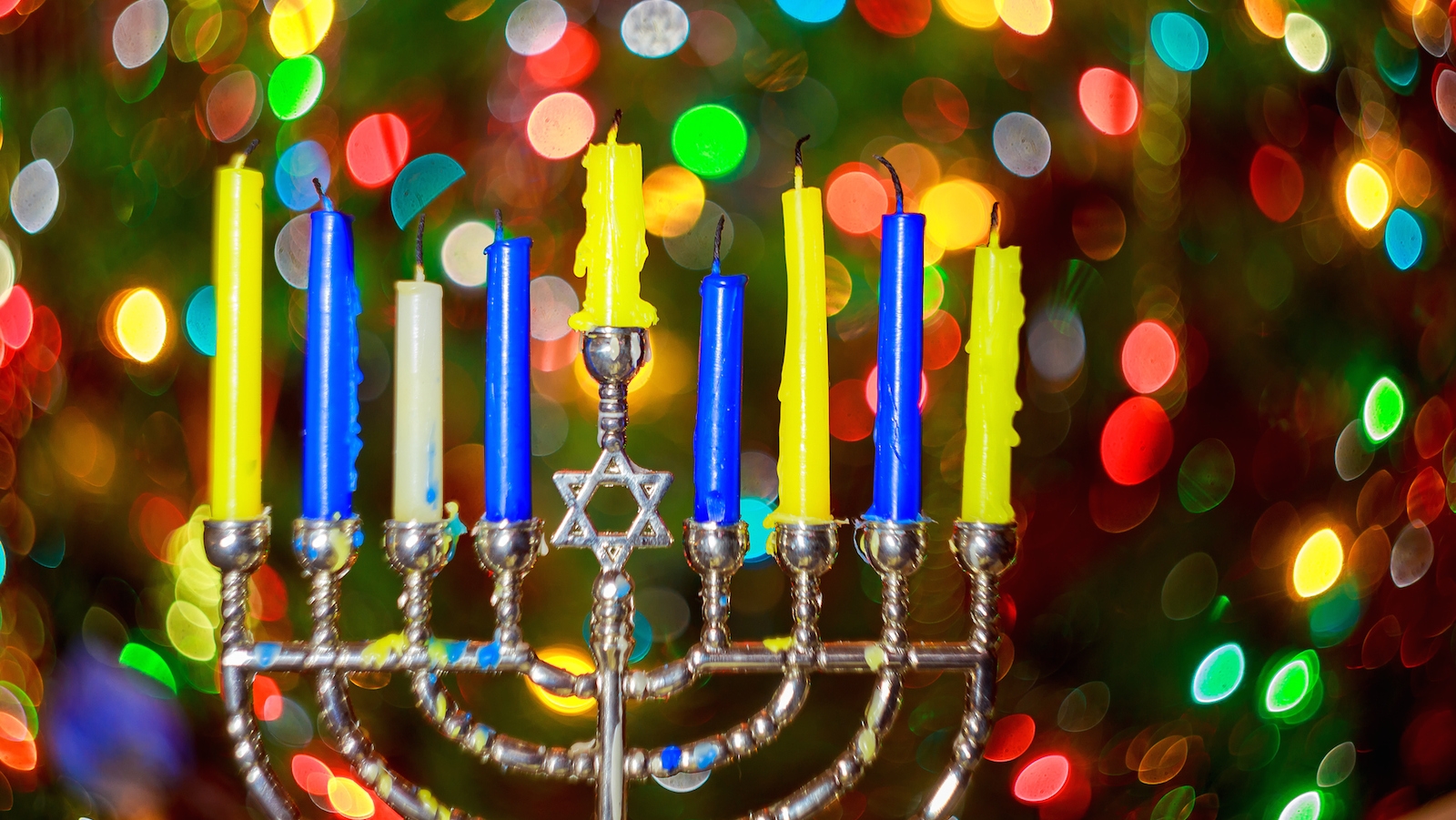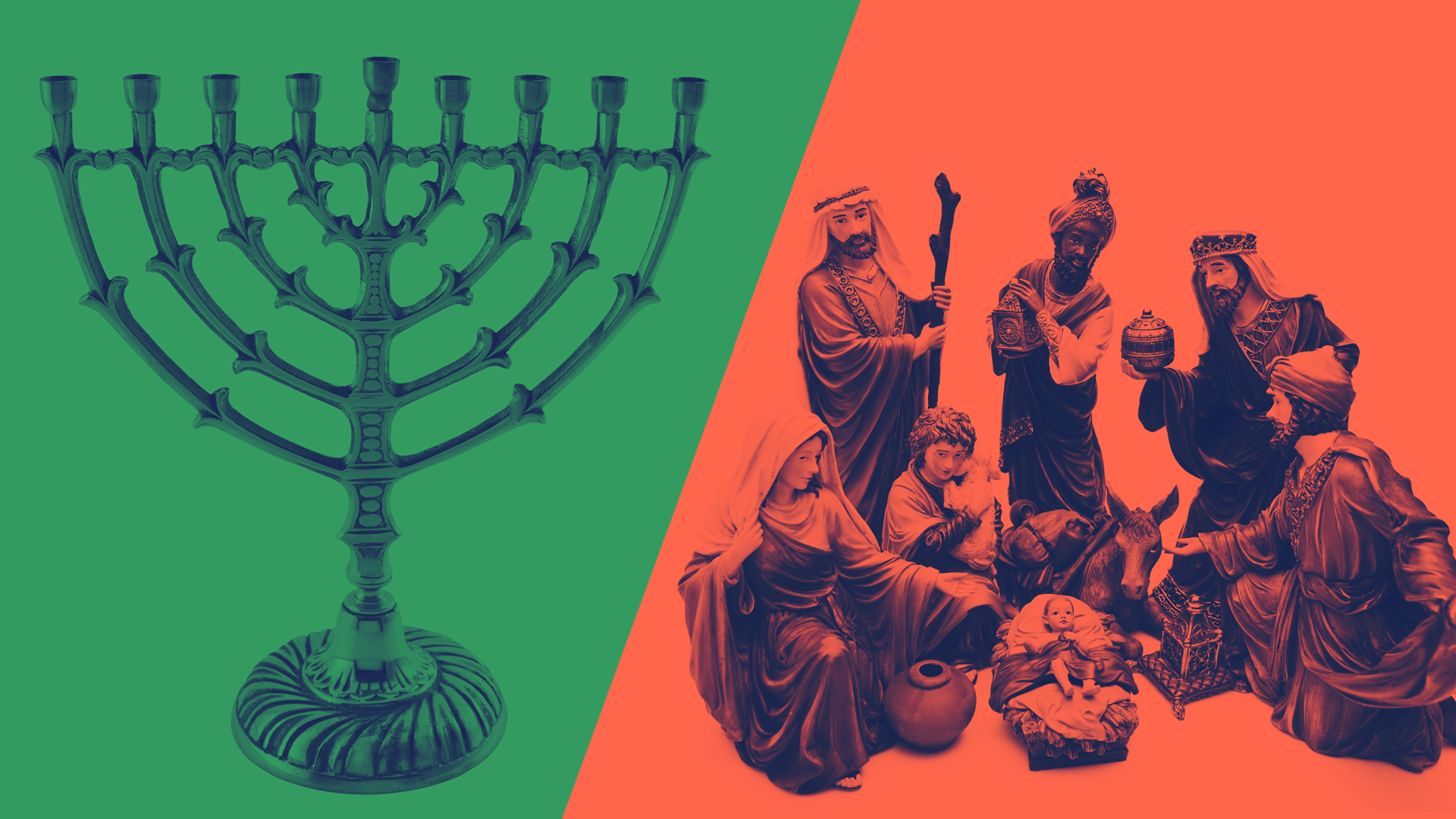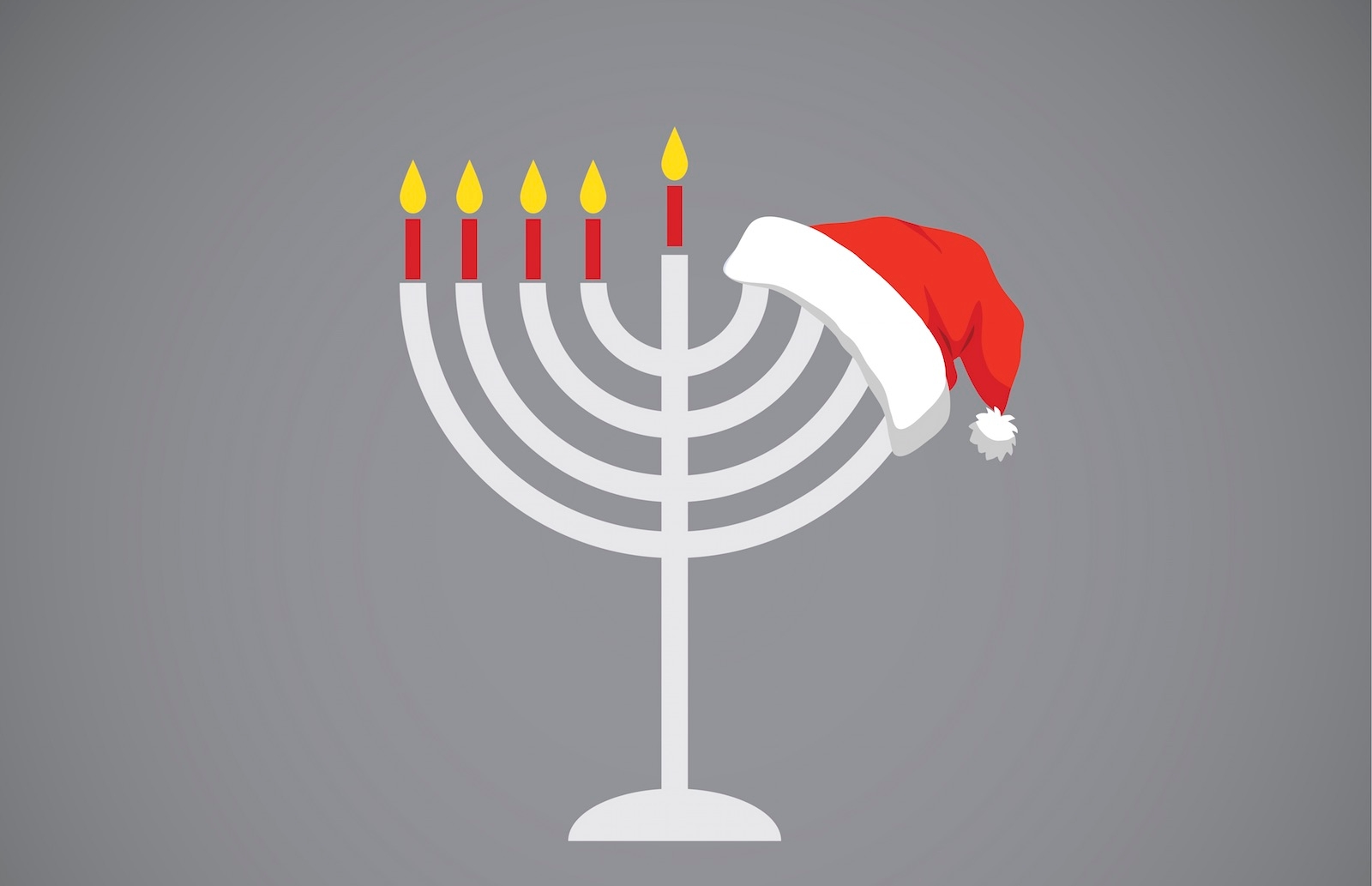
Hanukkah and Christmas are two of the most widely celebrated holidays in the world, each with its own unique traditions, customs, and cultural significance. While both holidays are often associated with joy, gift-giving, and family gatherings, they have distinct origins, meanings, and practices. In this article, we will delve into the history and significance of Hanukkah and Christmas, exploring their similarities and differences, and shedding light on the traditions and customs that make each holiday special.
Hanukkah, also known as the Festival of Lights, is an eight-day Jewish holiday that commemorates the rededication of the Second Temple in Jerusalem during the Maccabean Revolt of the 2nd century BCE. According to tradition, a small group of Jewish rebels, led by Judah Maccabee, rose up against the Syrian-Greek army, which had conquered Judea and desecrated the Temple by erecting a statue of Zeus. After their victory, the Maccabees discovered a single jar of pure olive oil, which miraculously lasted for eight days, allowing the Temple to be rededicated and the Jewish people to resume their worship.
Christmas, on the other hand, is a holiday that commemorates the birth of Jesus Christ and is observed by Christians around the world. The holiday is based on the biblical account of Jesus' birth in Bethlehem, which is described in the Gospels of Matthew and Luke. According to tradition, Jesus was born to the Virgin Mary and was visited by three wise men, who brought gifts of gold, frankincense, and myrrh. Over time, Christmas evolved into a holiday that combines elements of Christianity, paganism, and secular culture, featuring traditions such as decorating trees, exchanging gifts, and singing carols.
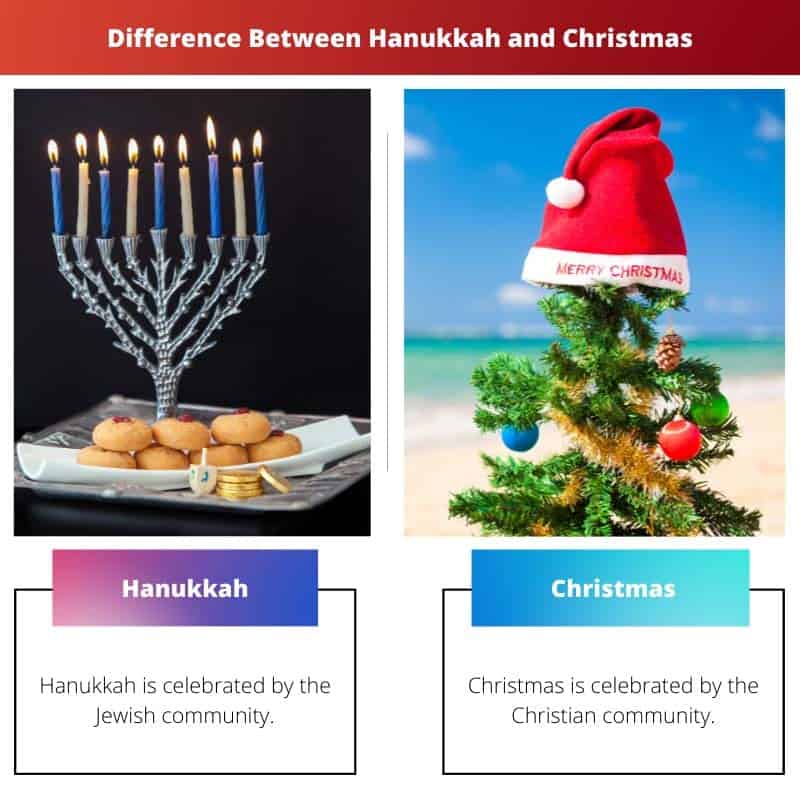
One of the most noticeable differences between Hanukkah and Christmas is the timing of the holidays. Hanukkah is celebrated for eight days and nights, usually in late November or December, while Christmas is celebrated on December 25th. This overlap in timing has led to some interesting cultural and commercial developments, such as the creation of "Chrismukkah" merchandise and the blending of holiday traditions.
Despite their differences, both Hanukkah and Christmas share a common theme: the triumph of light over darkness. In Hanukkah, this theme is represented by the miracle of the oil, which burned brightly for eight days, symbolizing the rededication of the Temple and the Jewish people's commitment to their faith. In Christmas, the theme is represented by the Star of Bethlehem, which guided the wise men to Jesus' birthplace, symbolizing the light of hope and redemption that Jesus brought to the world.
Hanukkah Traditions
Hanukkah is a holiday that is rich in tradition and custom. Here are some of the most common Hanukkah traditions:
- Lighting the Hanukkah menorah (hanukkiah): Each night of Hanukkah, Jewish families gather to light the hanukkiah, a special candelabrum with nine branches. One branch is lit on the first night, two on the second night, and so on, until all eight branches and the shamash (helper candle) are lit on the eighth night.
- Reciting blessings: Before lighting the hanukkiah, families recite special blessings, which express their gratitude for the miracle of the oil and the rededication of the Temple.
- Eating traditional foods: Hanukkah is a time for traditional foods, such as latkes (potato pancakes), sufganiyot (jelly doughnuts), and bimuelos (fried dough balls).
- Playing dreidel: The dreidel is a spinning top with Hebrew letters on each side. Players take turns spinning the dreidel, which determines the outcome of their turn.
- Exchanging gifts: In modern times, Hanukkah has become a time for gift-giving, especially for children.
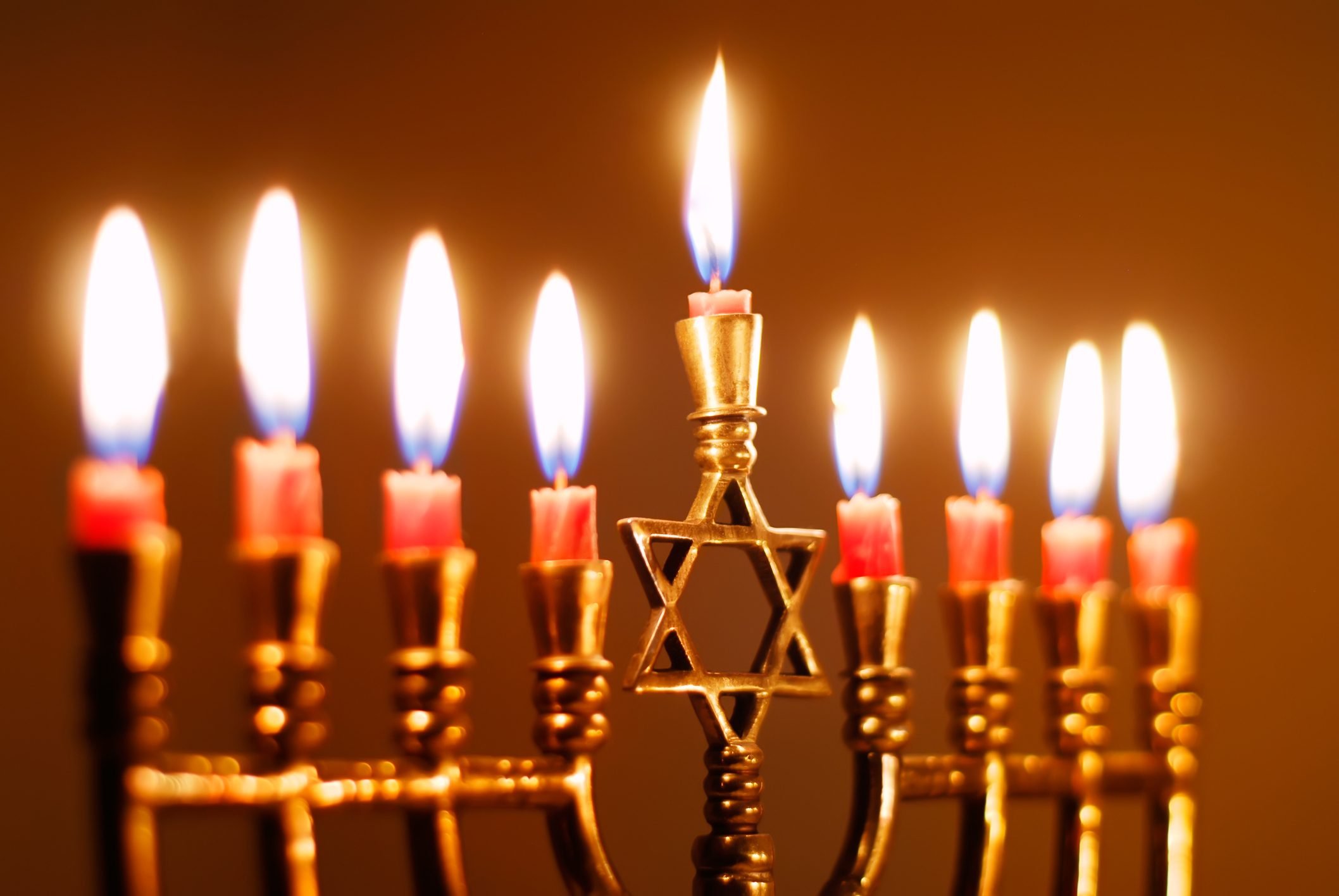
Christmas Traditions
Christmas is a holiday that is also rich in tradition and custom. Here are some of the most common Christmas traditions:
- Decorating the Christmas tree: The Christmas tree is a symbol of life and hope, and is often decorated with lights, ornaments, and garlands.
- Exchanging gifts: Christmas is a time for gift-giving, especially for children.
- Singing carols: Christmas carols are a beloved tradition, with many families singing together around the piano or fireplace.
- Cooking traditional foods: Christmas is a time for traditional foods, such as turkey, ham, and cookies.
- Attending church services: For many Christians, attending church services on Christmas Eve or Christmas Day is an important part of the holiday.
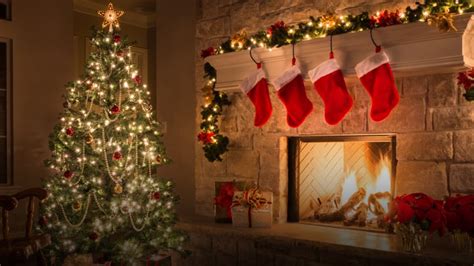
Similarities between Hanukkah and Christmas
Despite their differences, Hanukkah and Christmas share some similarities. Here are a few:
- Both holidays are times for family gatherings and celebrations.
- Both holidays involve the exchange of gifts.
- Both holidays feature traditional foods and drinks.
- Both holidays have a strong emphasis on light and hope.
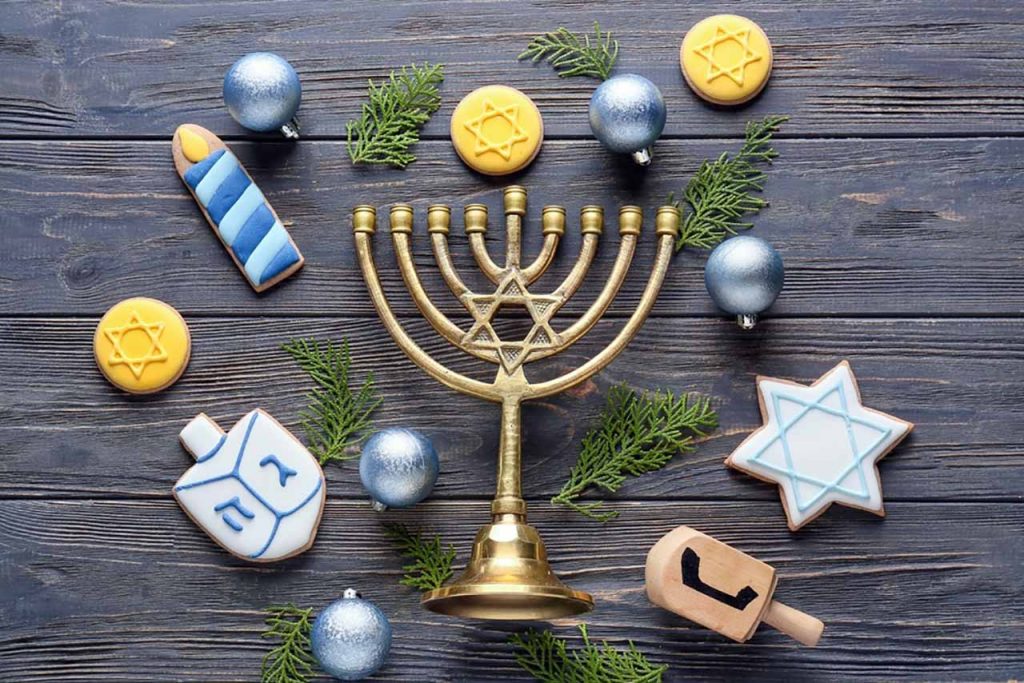
Differences between Hanukkah and Christmas
While Hanukkah and Christmas share some similarities, they also have some significant differences. Here are a few:
- Origins: Hanukkah has its roots in Jewish tradition and history, while Christmas has its roots in Christian theology and scripture.
- Timing: Hanukkah is celebrated for eight days and nights, while Christmas is celebrated on a single day.
- Traditions: Hanukkah traditions, such as lighting the hanukkiah and eating latkes, are distinct from Christmas traditions, such as decorating the Christmas tree and singing carols.
- Cultural significance: Hanukkah is an important holiday in the Jewish calendar, while Christmas is an important holiday in the Christian calendar.
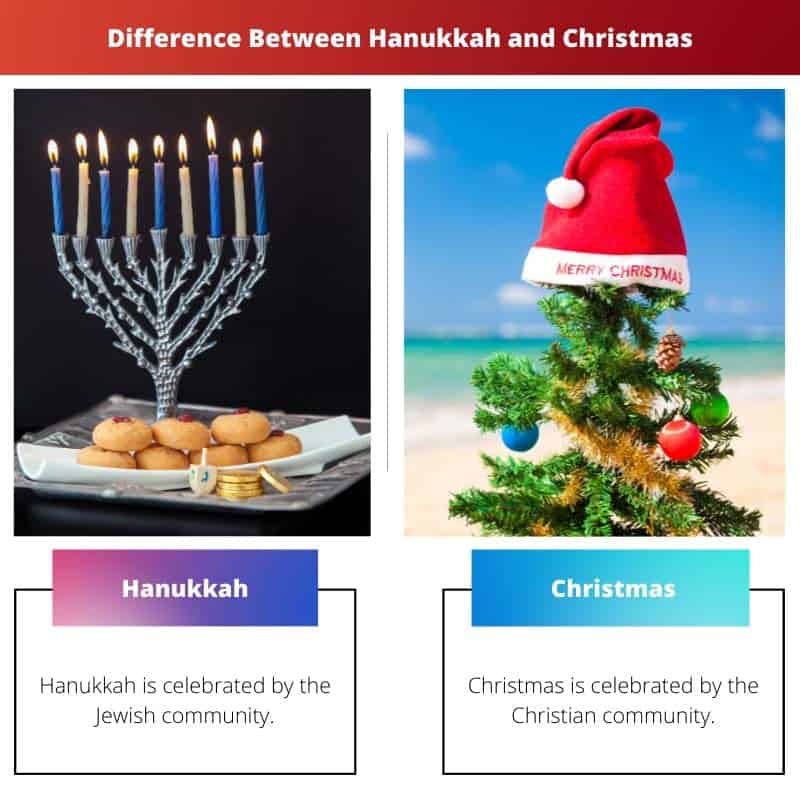
Conclusion
In conclusion, Hanukkah and Christmas are two unique holidays that share some similarities, but also have some significant differences. Whether you celebrate Hanukkah, Christmas, or both, the holiday season is a time for joy, family, and celebration. By understanding and respecting the traditions and customs of both holidays, we can build bridges of understanding and appreciation between different cultures and communities.
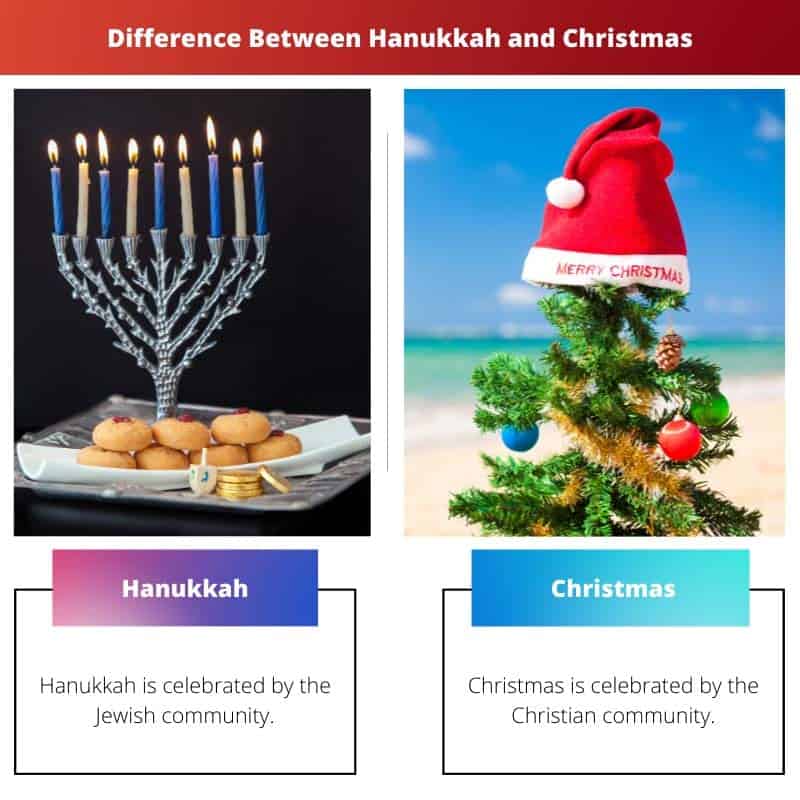
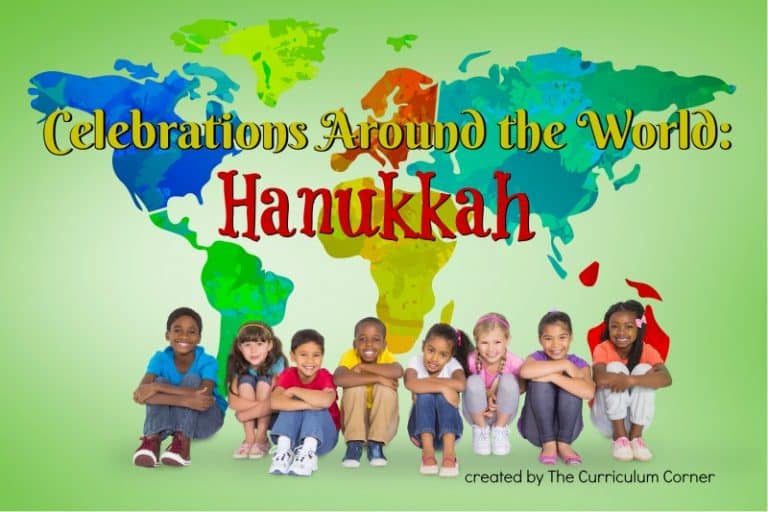
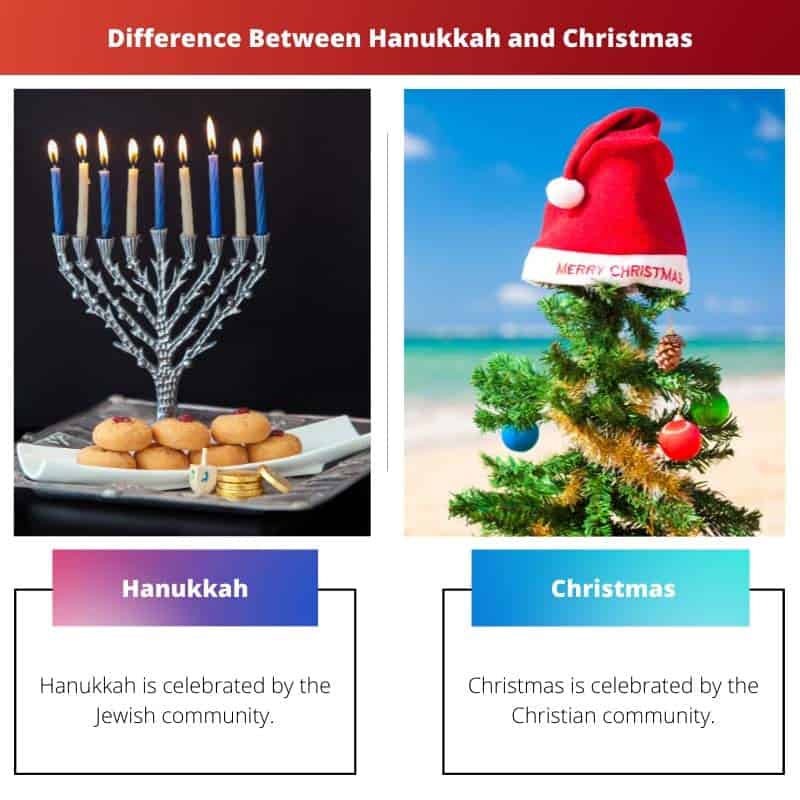
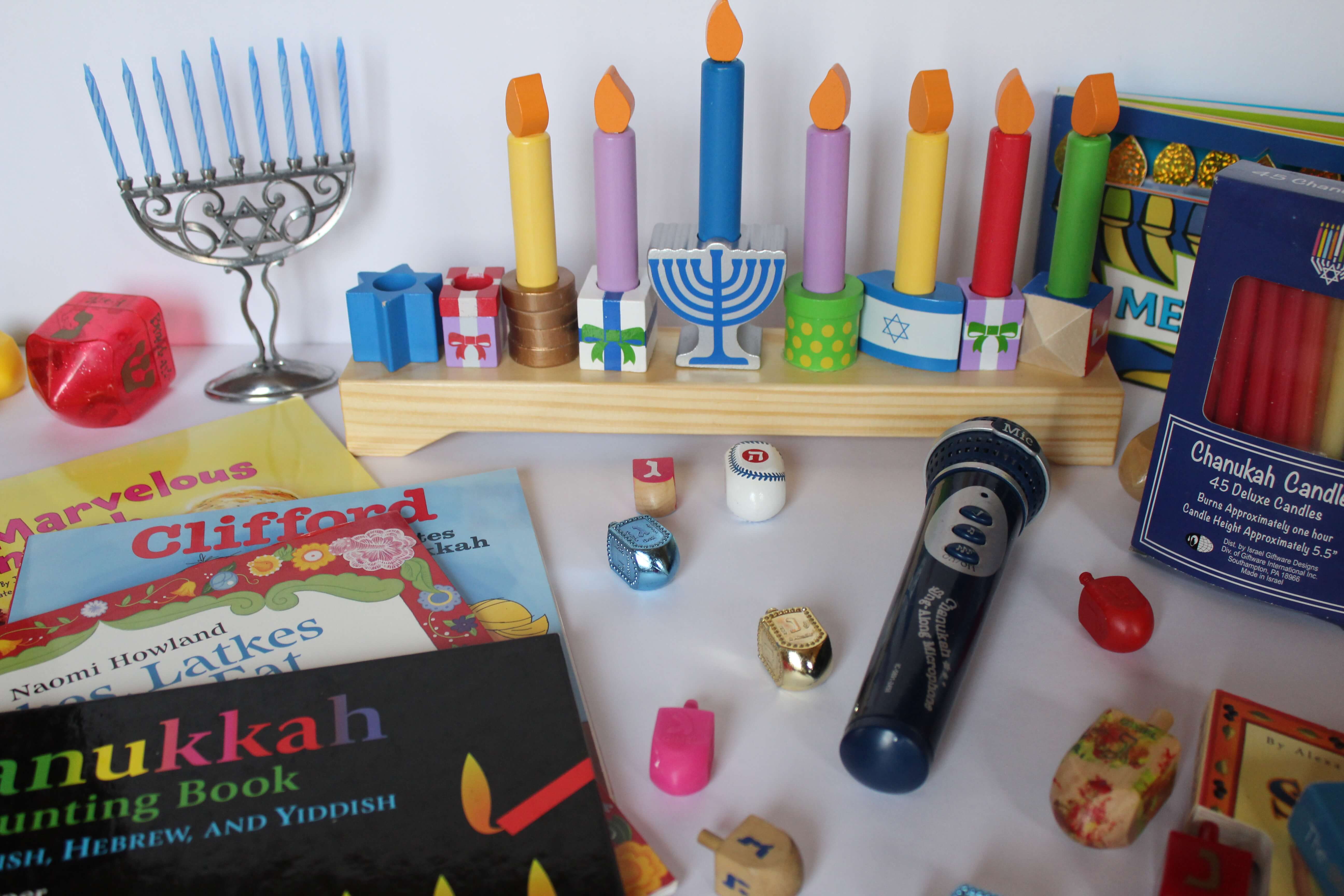
What is the significance of Hanukkah?
+Hanukkah is a Jewish holiday that commemorates the rededication of the Second Temple in Jerusalem during the Maccabean Revolt of the 2nd century BCE.
What is the significance of Christmas?
+Christmas is a holiday that commemorates the birth of Jesus Christ and is observed by Christians around the world.
How are Hanukkah and Christmas similar?
+Hanukkah and Christmas share some similarities, such as being times for family gatherings and celebrations, exchanging gifts, and featuring traditional foods and drinks.


